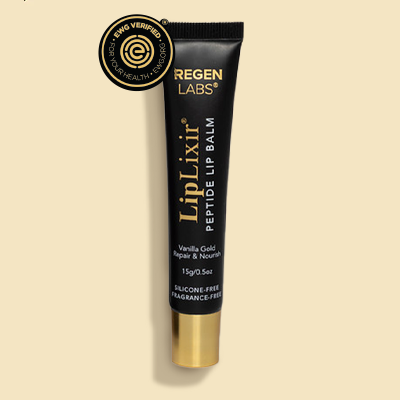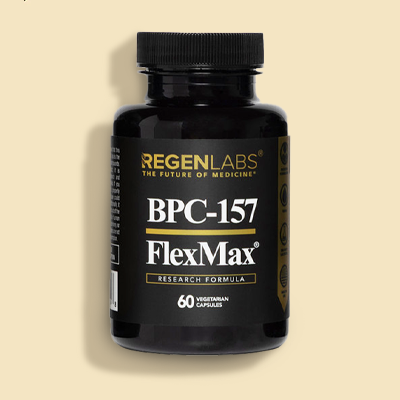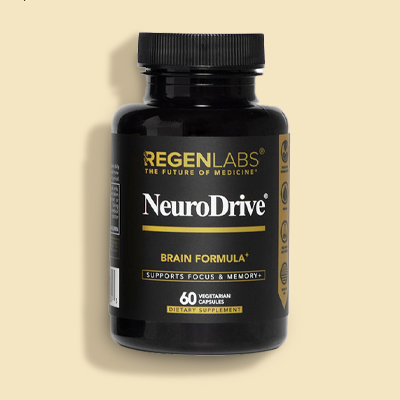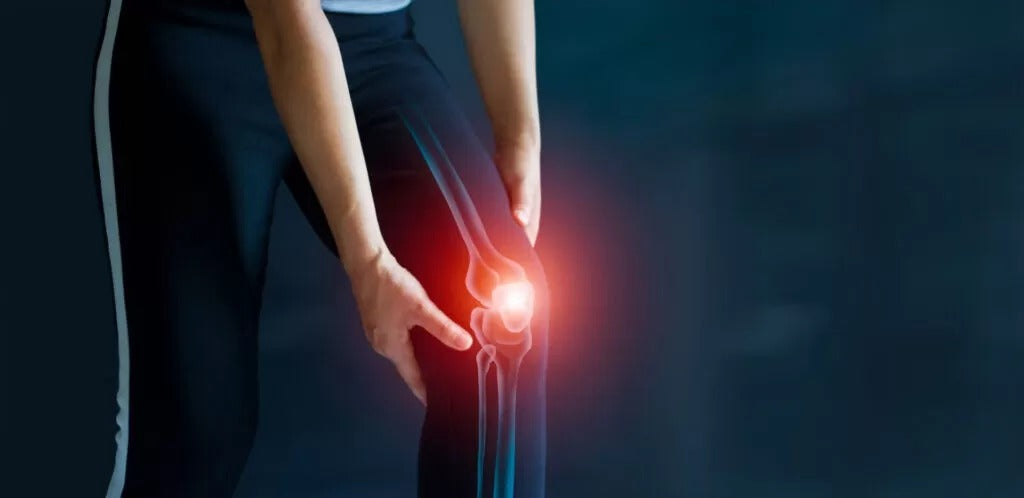Achieving peak physical performance requires more than just intense workouts; it demands a strategic approach to muscle recovery. Supplements, recovery drinks, and nutrients, along with proper nutrition, play a pivotal role in this process, offering the necessary support to repair and rebuild muscle tissue. This comprehensive guide outlines what to take for muscle recovery, focusing on supplements, nutrients, and health information that can help you recover efficiently, maintain muscle health, and sustain your fitness goals over the long term.
Why Is Muscle Recovery Important?
Any kind of fitness or athletic program depends critically on muscle recovery, nutrition, and proper rest since they directly affect performance, development, and general well-being. Muscles experience stress and tiny injury during exercise, which although essential for development calls for enough recovery to heal and strengthen. Good recuperation increases muscular adaptation and growth, thereby improving strength and endurance even while it helps to reduce pain and prevent injuries. Moreover, good recuperation guarantees that the body is ready for next workouts by supporting the immune system, balancing hormones, and restoring energy supplies. Giving muscle recovery top priority can help people reach their fitness objectives more quickly and keep up a consistent training program.
What Are The Factors That Impact Muscle Recovery?
-
Nutrition: Consuming the right balance of proteins, carbohydrates, and fats is essential for muscle repair and energy replenishment. Adequate intake of vitamins and minerals, such as vitamin C, also supports various recovery processes.
-
Hydration: Staying well-hydrated is crucial for maintaining optimal muscle function and facilitating the transport of nutrients to muscle tissues, which aids in recovery and reduces the risk of cramps and fatigue.
-
Sleep: Quality sleep is vital for muscle recovery as it is during deep sleep that the body releases growth hormones, which are essential for tissue repair and muscle growth.
-
Rest and Active Recovery: Allowing time for rest and incorporating active recovery techniques, such as light exercise or stretching, can help reduce muscle stiffness and improve circulation, promoting faster recovery.
-
Stress Management: High stress levels can hinder muscle recovery by increasing the production of cortisol, a hormone that can break down muscle tissue. Effective stress management techniques, such as meditation or yoga, can support a more efficient recovery process.
What To Take For Muscle Recovery: Supplements?
Protein Supplements
Protein supplements are fundamental for muscle recovery, providing the essential building blocks needed for muscle repair and growth. Whey protein, known for its rapid absorption, is particularly effective post-workout, delivering a quick influx of amino acids to stimulate muscle protein synthesis. For those who prefer a slower release of nutrients, casein protein is ideal, especially when consumed before bedtime, as it provides a steady supply of amino acids throughout the night. Plant-based proteins, such as pea and soy, offer a complete amino acid profile, catering to those with dietary restrictions while still supporting effective muscle recovery.
Branched-Chain Amino Acids (BCAAs)
Branched-Chain Amino Acids, including leucine, isoleucine, and valine, play a crucial role in muscle recovery by reducing muscle soreness and fatigue. These essential amino acids are directly involved in muscle protein synthesis and can be particularly beneficial when consumed before or after workouts. BCAAs help decrease exercise-induced muscle damage and promote faster recovery, allowing athletes to maintain a consistent training schedule without prolonged downtime due to soreness.
Creatine
Creatine is one of the most extensively researched supplements, renowned for its ability to enhance muscle strength and performance. By increasing the availability of ATP, the primary energy currency of cells, creatine allows for more intense and prolonged workouts. This not only aids in muscle growth but also accelerates recovery by replenishing energy stores and reducing muscle cell damage. Regular supplementation with creatine can lead to significant improvements in muscle mass and overall athletic performance.
Omega-3 Fatty Acids
Omega-3 fatty acids, found in sources like flaxseed oil, are celebrated for their anti-inflammatory properties. These essential fats help target muscle soreness and inflammation, promoting faster recovery and improved joint health. By incorporating omega-3 supplements into your diet, you can support your body's natural recovery processes, ensuring that you remain agile and resilient in your training endeavors.
FlexMax® BPC-157 Peptide Muscle Recovery Formula
FlexMax® BPC-157 is a cutting-edge supplement designed to optimize muscle recovery and performance. Developed by a board-certified physician, this formula combines a high dose of Body Protective Compound and Epicatechin to enhance cellular repair and growth. With 800mcg of BPC-157 per serving, FlexMax® focuses on targeting inflammation and promoting tissue regeneration, making it an excellent choice for athletes seeking to maintain peak condition. By integrating FlexMax® into your recovery regimen, you can accelerate healing, support stamina, and achieve your fitness goals with greater efficiency.
Can You Speed Up Muscle Recovery?
Yes, by including many successful techniques into your program, you can accelerate muscle recovery—just as the correct mix of ingredients produces great cookies. Giving enough nourishment first priority can help muscles mend and restore energy supplies by means of a balanced diet high in proteins, good fats, and carbohydrates. Targeting inflammation and encouraging muscle protein synthesis helps supplements including BCAAs, creatine, omega-3 fatty acids, and recovery beverages improve recovery even more. Maintaining hydration is also crucial since it helps waste products be eliminated and nutrients be transported. Enough sleep lets the body release growth hormones needed for tissue healing. Active rehabilitation strategies such as mild exercise, stretching exercises, yoga, or compression clothing can also help circulation and lower muscle tension. Relaxation techniques help you control stress, therefore reducing the detrimental effects of cortisol on muscle repair and so enabling a faster and more effective healing process.
How Important Is Hydration For Muscle Recovery?
Since it is necessary for many physiological processes that support repair, growth, and development, hydration is absolutely vital for muscle recovery. Maintaining ideal muscle performance depends on water since it helps move nutrients and oxygen to muscle cells, therefore facilitating their repair and regeneration. Appropriate hydration also helps eliminate metabolic waste products such lactic acid, which can build up during vigorous activity and aggravate muscle discomfort. Maintaining electrolyte balance—which is essential for muscle contraction and cramp prevention—also depends on being hydrated. Dehydration can lower performance, slow down healing, and raise injury risk. Thus, maximizing muscle repair and general athletic performance depends on making sure one consumes enough fluids before, during, and after exercise.
What Are The Most Important Nutrients For Muscle Recovery?
-
Protein: Essential for muscle repair and growth, protein provides the building blocks (amino acids) necessary for rebuilding damaged muscle fibers. Consuming adequate protein post-exercise supports muscle protein synthesis and enhances recovery.
-
Carbohydrates: Crucial for replenishing glycogen stores depleted during exercise, carbohydrates help restore energy levels and support recovery. They also play a role in stimulating insulin release, which aids in the uptake of amino acids into muscle cells.
-
Antioxidants: Vitamins C and E, along with other antioxidants, help combat feelings of stress and target muscle damage caused by free radicals during intense exercise, supporting quicker recovery and overall muscle health.
-
Electrolytes: Minerals such as sodium, potassium, and magnesium are vital for maintaining fluid balance, nerve function, and muscle contractions. Replenishing electrolytes lost through sweat is essential for preventing cramps and ensuring efficient muscle recovery.
What Happens If You Don’t Get Enough Nutrients After A Workout?
Not getting enough nutrients following an exercise might seriously affect your general performance and healing process. Your body lacks the necessary amino acids to repair and replace muscle fibers without enough protein, which results in delayed recovery and more muscular discomfort. Insufficient carbohydrates stop the regeneration of glycogen stores, which lowers energy levels and causes more tiredness during next workouts. Insufficient omega-3 fatty acids and antioxidants can aggravate oxidative stress and inflammation, hence extending muscle damage and discomfort. Muscle cramps, decreased muscle performance, and a higher risk of injury can result from inadequate hydration and electrolyte replacement. Ignoring post-workout nutrition regularly over time can cause muscle loss, lower strength, and poorer athletic performance. Maximizing recuperation, sustaining muscular growth, and preserving general health and fitness depend on a balanced intake of nutrients following exercise.
Should I Stretch Or Do Active Recovery For Better Muscle Recovery?
Both active recovery and stretching can greatly improve muscle recovery; each has special advantages. Stretching can assist to lower muscular tension, enhance flexibility, and boost blood flow to the muscles, therefore relieving soreness and preventing damage. It also helps to preserve a complete range of motion, which is absolutely essential for best performance in several kinds of physical exercise. Conversely, active recovery entails low-intensity activities including swimming, cycling, or walking that assist preserve circulation and aid in the elimination of metabolic waste products including lactic acid. This mechanism speeds up recovery by supplying nutrients and oxygen to the muscles, therefore promoting repair and lessening of stiffness. Combining these techniques guarantees that your muscles are ready for next sessions and lowers the chance of overuse problems by allowing you to treat several facets of recovery.
When To Consume Peptides For Muscle Recovery?
Consuming peptides for muscle recovery is most effective when timed strategically around your workout routine. Ideally, peptides should be taken shortly after exercise, during the post-workout window, when your muscles are most receptive to nutrient uptake and repair processes. This period, often referred to as the "anabolic window," typically lasts for about 30 to 60 minutes after completing your workout. During this time, the body's increased blood flow and heightened metabolic activity enhance the absorption and utilization of peptides, such as BPC-157, which are known for their role in promoting cellular repair and targeting inflammation.
Additionally, some athletes may benefit from taking peptides before bedtime, as this can support overnight recovery and muscle regeneration during sleep, when the body naturally undergoes repair and growth processes. By aligning peptide consumption with these critical recovery periods, you can maximize their benefits and support optimal muscle healing and performance.
Can I Work Out If My Muscles Are Still Sore?
Exercising with sore muscles, often a result of delayed onset muscle soreness (DOMS), is generally safe, but it requires careful consideration to avoid exacerbating the soreness or risking injury. Light to moderate exercise can actually aid in recovery by increasing blood flow to the affected muscles, which helps deliver essential nutrients and oxygen for repair while removing metabolic waste products. However, it's important to listen to your body and avoid high-intensity workouts that could further strain the sore muscles. Engaging in activities such as walking, cycling, or swimming can be beneficial, as they provide gentle movement without excessive stress. Additionally, incorporating stretching and active recovery techniques can help alleviate soreness and improve flexibility. If the soreness is severe or accompanied by sharp pain, it may be wise to rest or focus on different muscle groups to allow adequate recovery time. Balancing activity with rest ensures that you maintain progress without compromising your body's ability to heal and strengthen.
Conclusion
In conclusion, muscle recovery is a vital component of any fitness journey, ensuring that your body can repair, grow, and perform at its best. By integrating effective supplements and nutrients, such as FlexMax BPC-157, you can significantly support your recovery process. This innovative formula, crafted by a board-certified physician, combines Body Protective Compound and Epicatechin to optimize growth, stamina, and cellular repair. Embrace these strategies to maintain peak performance and achieve your fitness goals with confidence.
Final Thoughts
Wondering what supplements and nutrients can boost your muscle recovery? Discover the power of liquid facelift creams at Regen Labs®, your premier source for innovative skincare solutions. Our exceptional range includes cosmetics, fitness, and cognitive support, each expertly crafted by doctors to ensure superior quality and effectiveness. Experience the transformative benefits of Regen Labs® supplements and step into a healthier, more vibrant lifestyle with The Future Of Medicine®.
Sources











